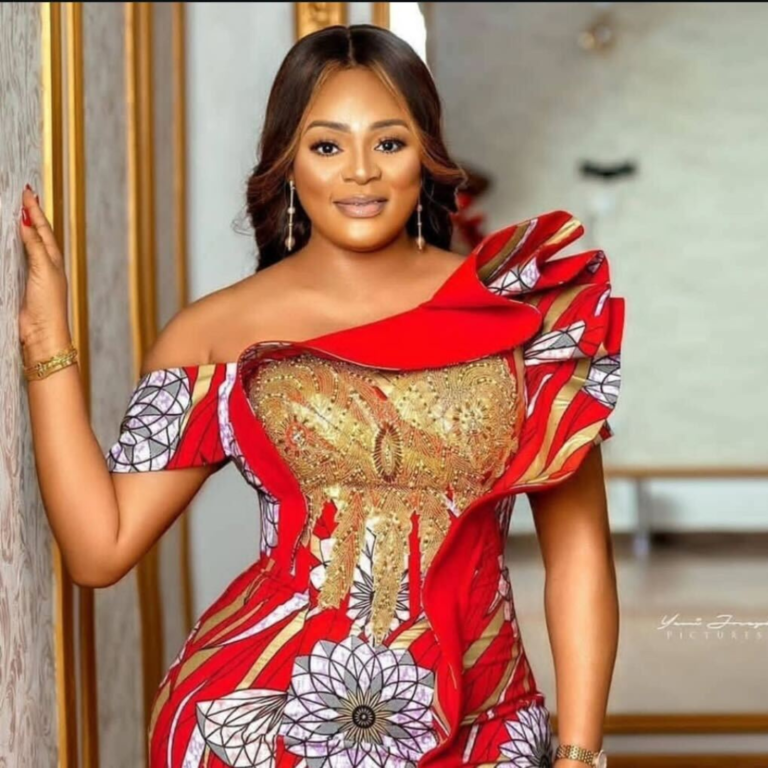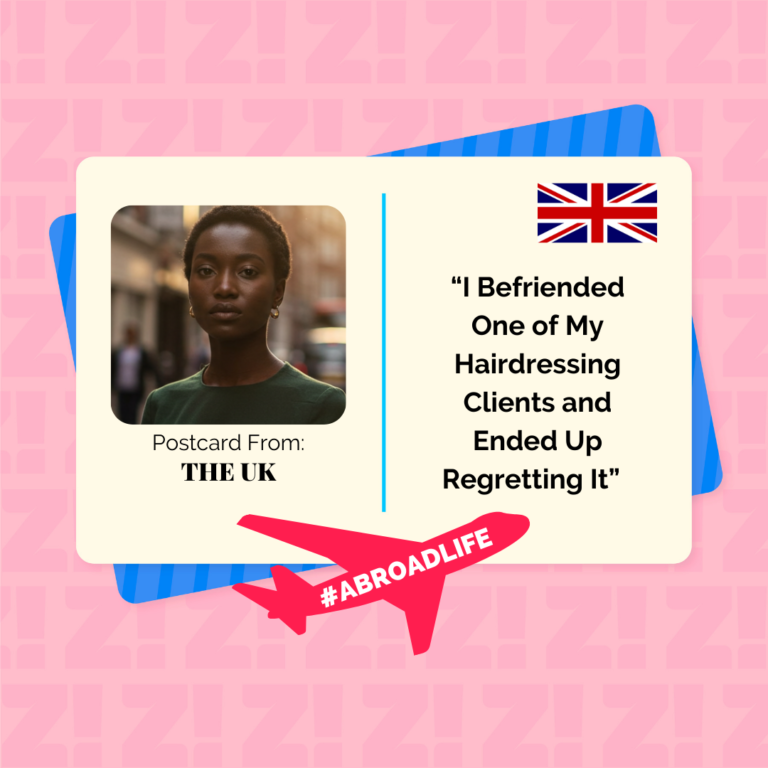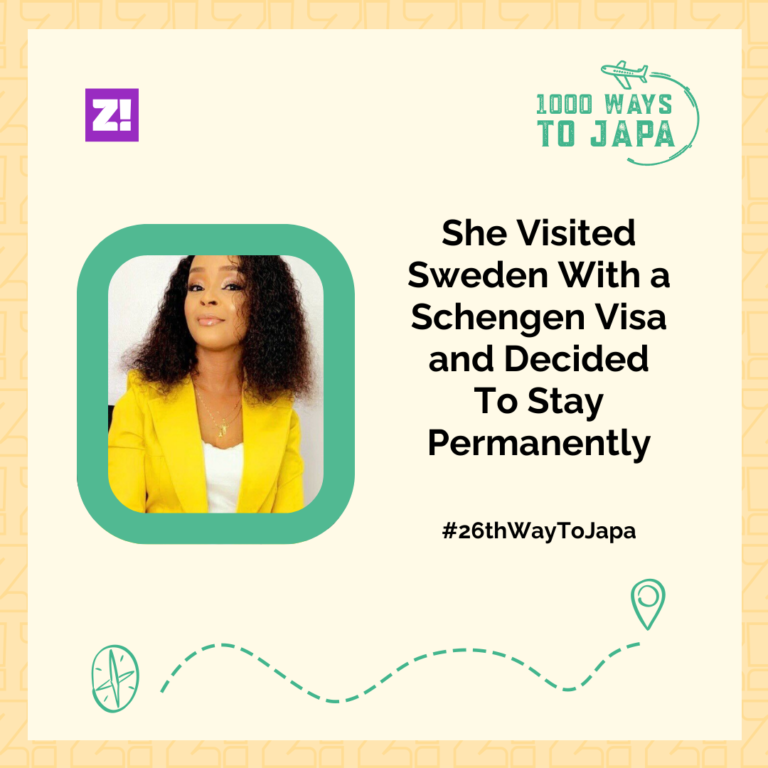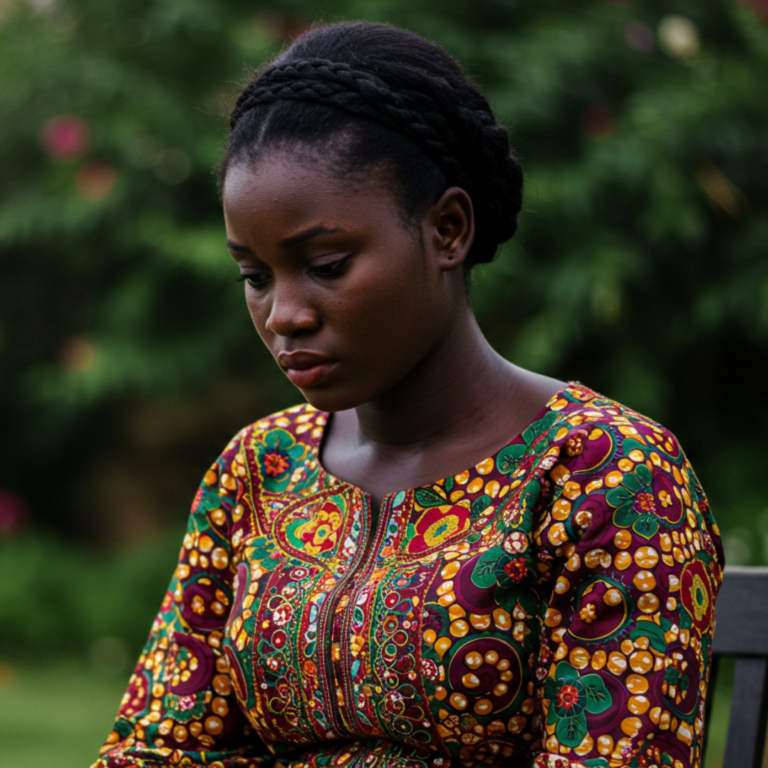Social media has become one of the most accessible tools for activism and the Twitter girlies are making the most out of it. While online misogynists hate, the new generation of feminists is drowning out the noise, making real-life impacts, and driving social change. In my books, they are the new GOATS of Nigerian feminism that the world needs to watch out for.
Ladies and allies, I found four young women who are carrying women’s rights on their heads and doing a damn good job at it.
Sanni Misturah Morenikeji (@BigBadReni)
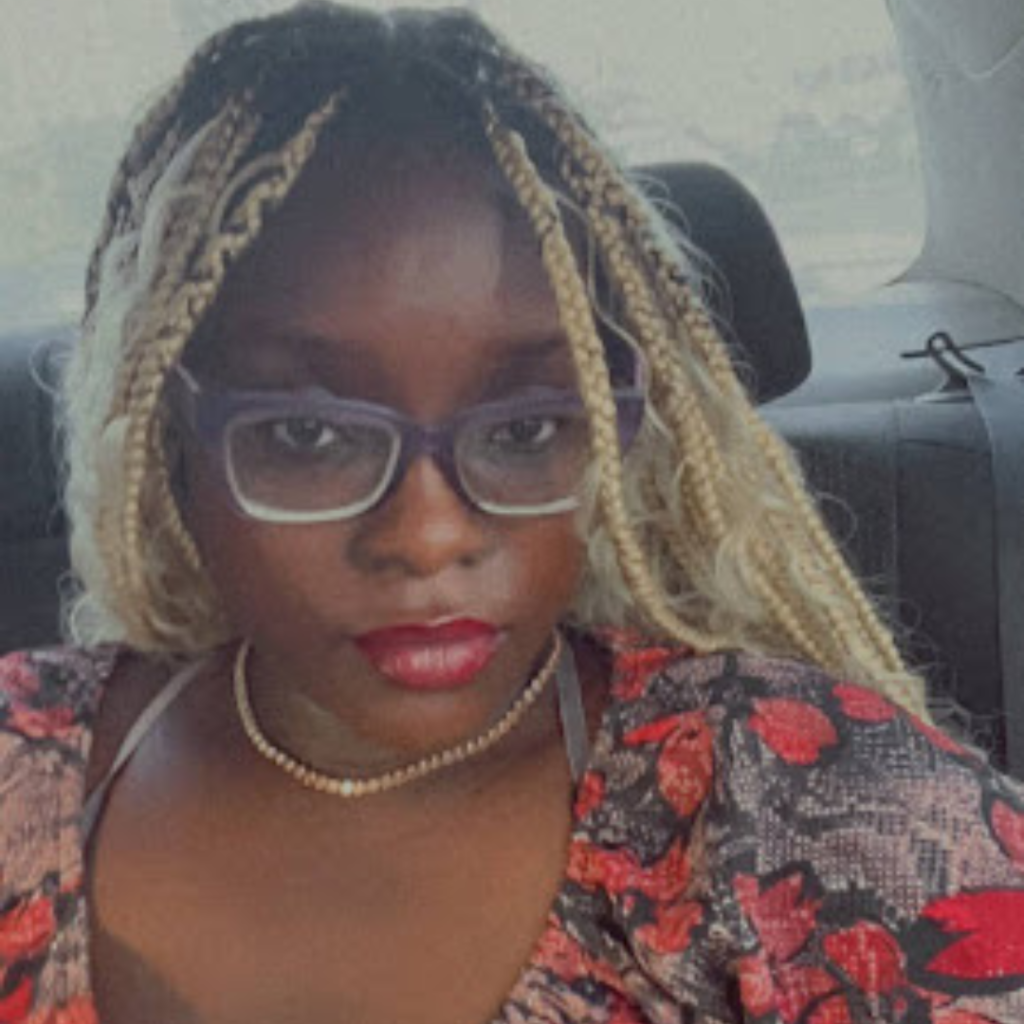
If Reni has never popped up on your X timeline, it’s probably because you’re on the wrong side of the app. This 22-year-old changemaker is a powerhouse in the new-wave Nigerian feminism online movement and she’s doing all the right things,
Reni started identifying as a feminist in 2018, right after she graduated from secondary school. That was the same year she joined Twitter and got a more realistic look into the struggles of Nigerian women.
But her feminist awakening didn’t happen until she saw a viral Twitter trend showing a woman refusing to kneel during her traditional wedding ceremony. That tweet changed everything for Reni and sparked something new inside her. “I saw so many cases where women were demonized for breaking stereotypes, and it was a whole process that opened my eyes,” she said.
When Reni became more popular on X, she realised she could make her newfound passion have real-life effects by amplifying feminist causes and participating in digital campaigns so she began to act on it.
In September 2023, Reni and other women on X started a digital campaign to call for justice for Austa Osedion, who was brutally murdered by her boyfriend Benjamin Best Nnanyereugo, popularly known as Killaboi. This campaign made the hashtag #JusticeForAusta trend for days, bringing awareness to the rising cases of femicide in Nigeria and putting the police force under pressure to ensure that justice is served.
Currently, women make up only 20% of the Nigerian tech workforce. Reni’s most recent digital campaign set out to play a part in closing this gender gap- She is proud to have raised over ₦1.5 million to support recipients of the Kiki Mordi scholarship, a funded opportunity for Nigerian women who are interested in tech.
Also, in November 2023 she raised ₦800,000 to help about three women with their law school fees.
Reni’s not just about quick fixes; she’s got her eyes on the bigger picture, too. When asked about policies she wishes the Nigerian government would implement, she passionately points out the need for laws like the Violence Against Persons Prohibition Act (VAPPA) and other laws guiding the prosecution of sexual offences to be revamped. “These laws are outdated and need better wording and faster litigation processes,” she emphasises.
Priye Diri (@PriyeDiri)
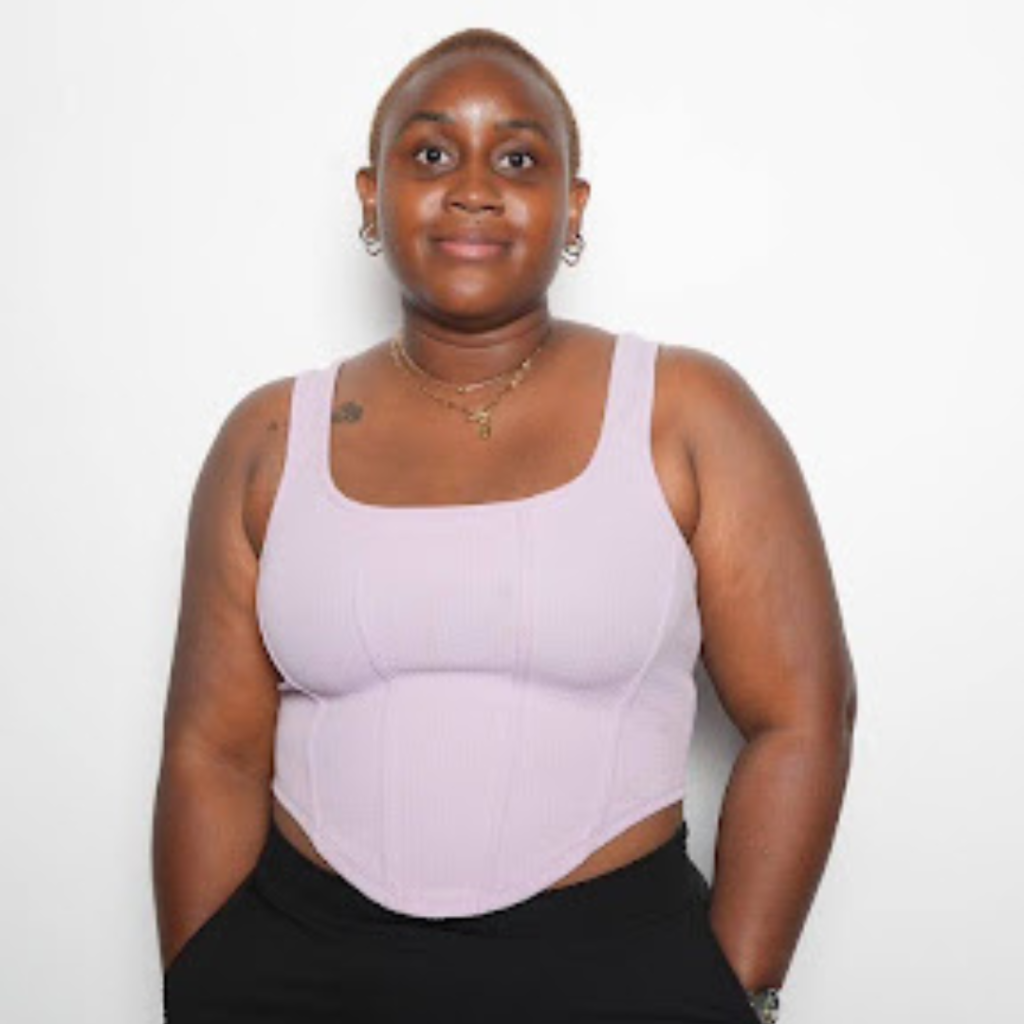
Priye is the poster child of the “girl’s girl” concept. When she was in Junior secondary school, her older brother told her that she was a feminist, and since then, Priye has worn the tag with “no ifs, buts, or maybe’s”.
She’s what you’d call an “artivist” because she mixes advocacy with artistry, using storytelling to amplify marginalized voices and build a safer Nigeria. She has curated the Dorothy Njemanze Foundation Human Mata Exhibition, reaching over 3,000 people. She has also created social impact campaigns to educate people on the VAPP Act, under the #CallItAsItIs Campaign.
Priye is always on the lookout for things that are harmful to women and when she finds them, she makes them her projects and takes them head-on. One of those projects is her ongoing petition to save the VAPP Act.
In case you don’t know what VAPP is, it’s a law that offers protection against gender-based violence (GBV) and helps keep Nigerian women and girls safe, empowered, and educated. Recently though, Senator Jibrin Isah started pushing to cancel this law. Engaging the government has been slow, but Priye isn’t giving up on stopping Isah anytime soon. The petition currently has 400 signatures and she hopes to reach a more significant number soon.
When she’s not holding the government by the throat to protect women, Priye is holding the hands of GBV survivors and creating a self-space for them at the Dorothy Njemanze Foundation. She’s also a member of the Young Women in Politics Abuja Chapter, where she pushes for the inclusion of more women in governance.
Priye is showing us what feminist leadership looks like with documentaries like Leadership As It Should Be
There are many meaningful stories and long years of social impact in Priye’s future. She’s on a mission to create a more inclusive world, and we can’t wait to see how she achieves that.
Adeyinka Atilola (@Zoyablooms)
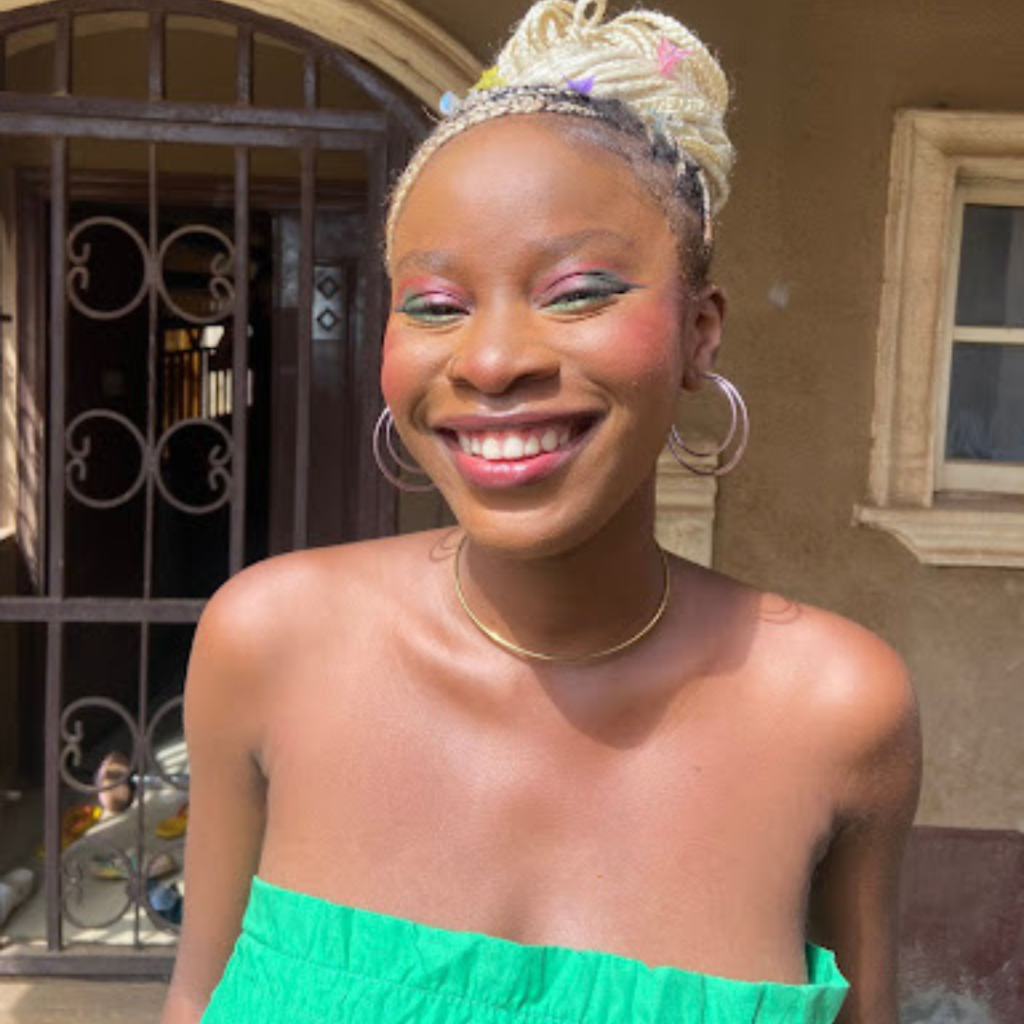
OG feminists like Margaret Ekpo walked so that hot babes like Atilola could fly. If Atty’s name sounds familiar, it’s probably because you’ve seen her on your X timeline talking about women’s rights. Growing up in a family where gendered roles were nonexistent, Atilola was a feminist before she even knew what the word meant
In 2020, Atty started a group chat called Siren, as a safe space where women can bond without the interference of men then it grew into a helpline for women who needed mental, financial, and legal support. Since then, Siren has survived an organizational break and grown into a full-blown nonprofit organization for women, by women.
23-year-old Atty isn’t someone who just talks the talk, she walks the walk too, literally. Earlier this year, she had an idea to organize a walk against sexual assault in Nigeria, where 1 in 4 girls are sexually assaulted before the age of 18. She teamed up with another women-centred NGO called Herbode to make this a reality.
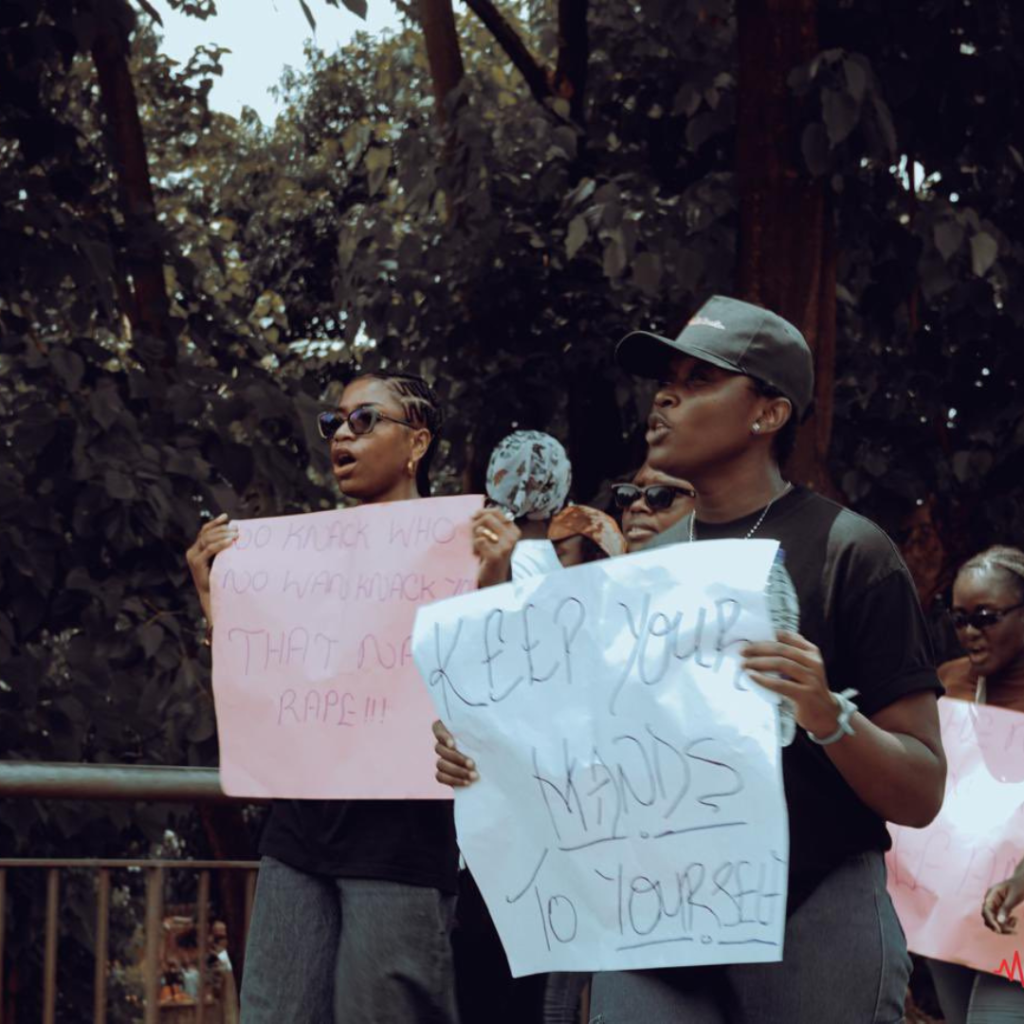
What started as an idea eventually became an event that took place in states like Lagos, Oyo, Abuja, Kaduna, Rivers, Benin, Osun, and Ekiti. The walk against sexual abuse lasted for days in different states and sparked conversations around consent on X.
Emitomo Oluwatobiloba Nimisire (@Nimisire)
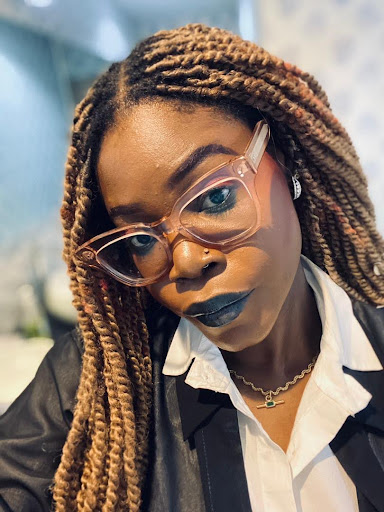
Nimisire’s feminist journey started early. She has always hated oppression, but things clicked when she saw activists on TV and told her dad she wanted to be like them. The feminist title was officially registered when Nimisire realised that standing against oppression and embracing feminism go together like bread and beans.
At only 27, Nimisire is no stranger to leadership. One of her standout moments is the Say Her Name march, which she helped organise in 2019 to fight against the arrest and abuse of women by police in Abuja. She organized a march in Ibadan, in partnership with other feminist activists while writing exams—talk about a multitasking babe! She is also a Margaret Ekpo Fellow, and a ONE Champion, and has additionally done amazing work as an independent consultant.
Nimisire is also big on female inclusion in politics and believes that we can achieve change at a faster pace if we consolidate our political convictions with actions. Matching her words with actions, she worked on research for Invictus Africa in the 2023 elections, gathering data on female political participation.
In 2022, she played a forefront role in pushing back against rejected gender bills through digital campaigns supporting the Nigerian Women Occupy NASS campaign. Currently, female representation at the senatorial level is only about 8% and Nimisire believes this can be better because, to her, equality means getting women in all the rooms where decisions are made—because real change starts with feminist leadership.
She’s also the brain behind Baddies in Dev (she knows she ate with this name), a women-led community that provides solace to feminists, so that they don’t face the burnouts and reprisals that come with the movement all alone. Nimisire is like a fairy godmother of new-wave feminism because she always wants to know who’s taking care of feminists. With capacity-strengthening sessions, intergenerational conversations, a feminist resource hub, and even a book club, she is making Baddies in Dev that safe space for feminists one day at a time.
Nimisire believes the hate projected against feminists by misogynists online has real-life consequences, is shrinking the civic space, and holding back progress. Despite the rise of online misogynists and incels, she isn’t backing down. Nigerian feminists are resilient, and she’s making sure they’re supported every step of the way.

